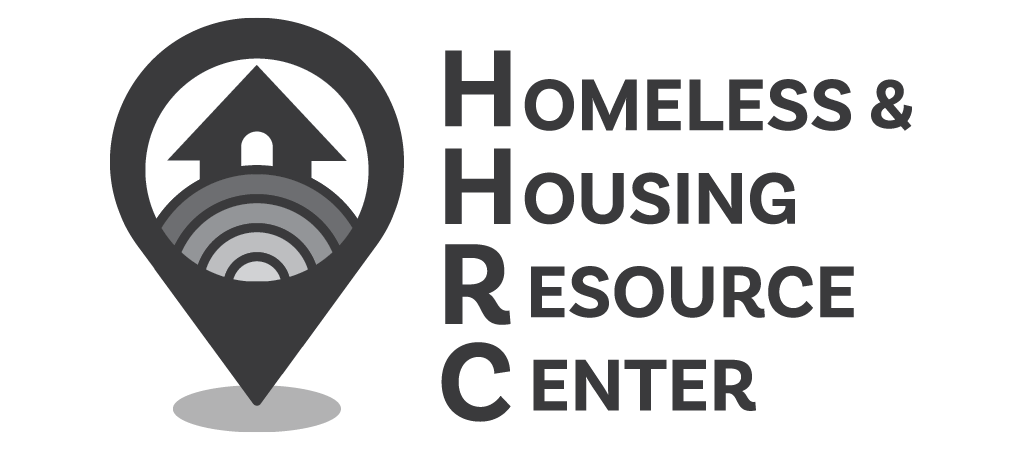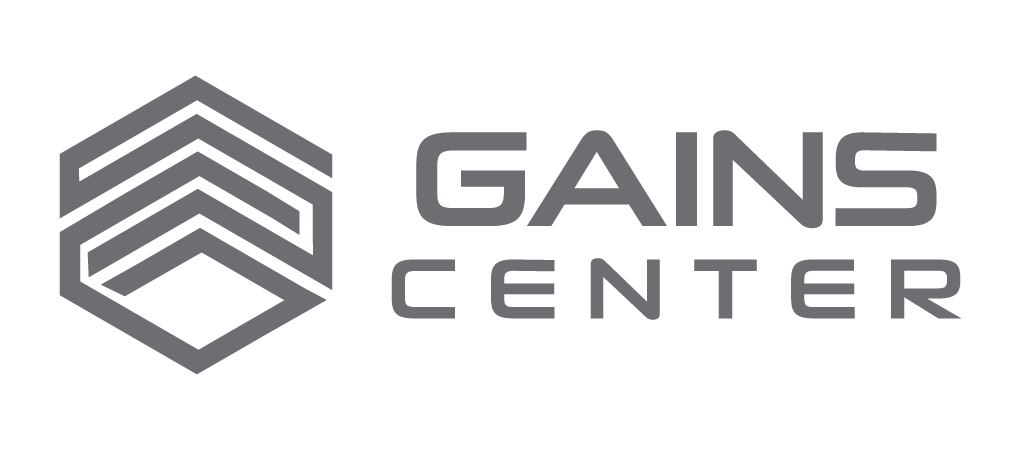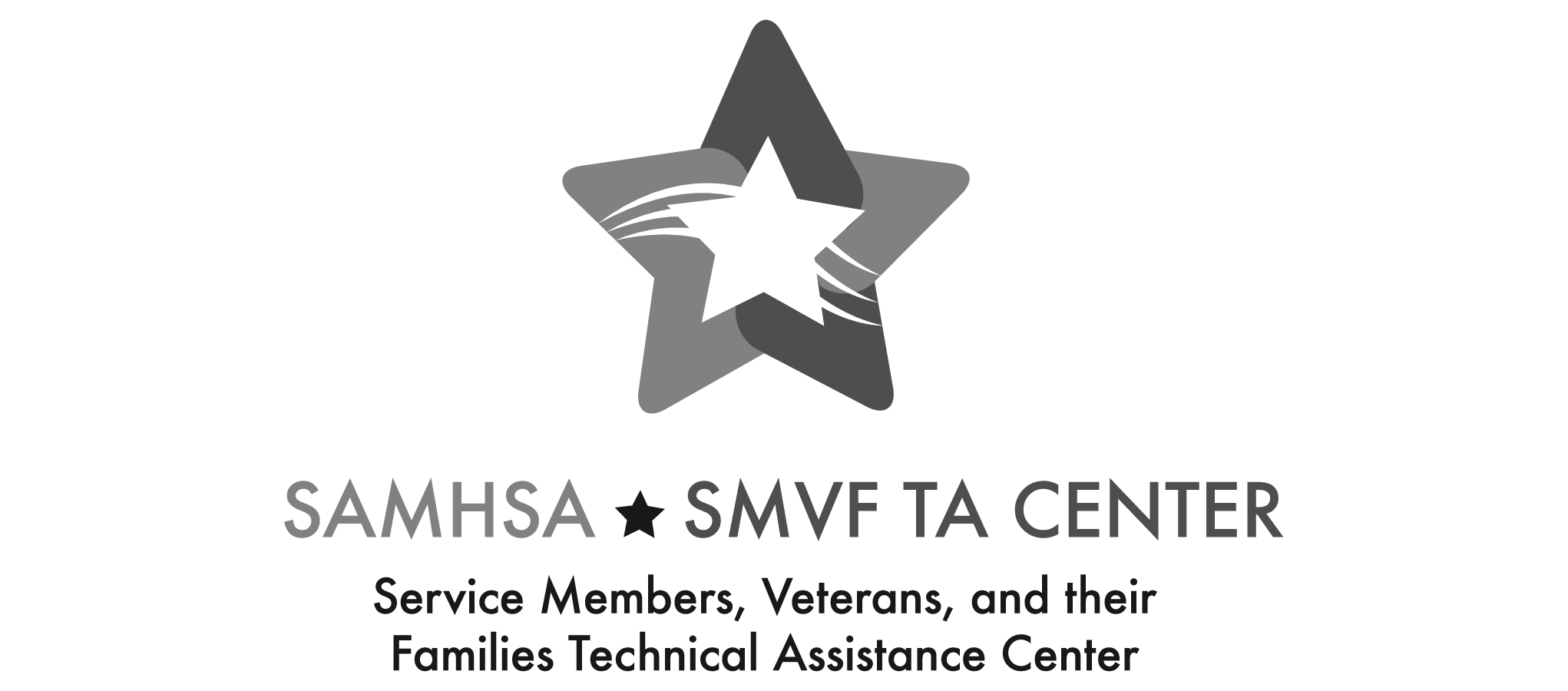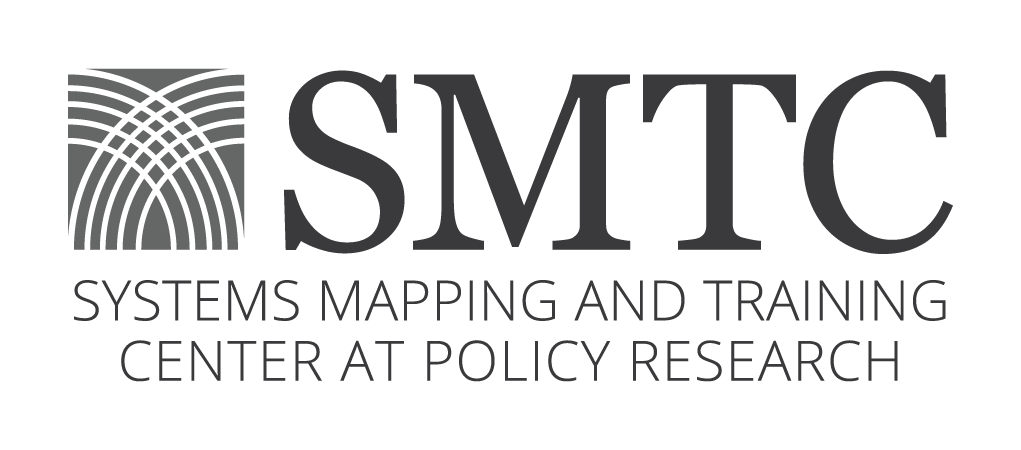CREATING POSITIVE SOCIAL CHANGE
for people and communities through technical assistance, research, and training
OUR EXPERTISE
Policy Research Associates, Inc. (PRA) is a women-owned small business that is a national leader in behavioral health and research. We offer four core services that help people with behavioral health needs achieve recovery. We offer technical assistance, training, research, and policy evaluation services, primarily in the following content areas:
![]()
Behavioral Health
Educating communities on meeting the needs of people with mental health and substance use conditions
![]()
Homelessness
Addressing the housing and behavioral health needs of people experiencing or at-risk of homelessness
![]()
Income Supports
Increasing access to mainstream resources, including Social Security disability benefits and Medicaid and Medicare health coverage for people with mental illness, medical impairments, or co-occurring substance use conditions
Criminal Justice
Improving public safety and public health outcomes for individuals with mental and/or substance use disorders in the justice system
Juvenile Justice
Promoting improved, developmentally appropriate responses to the behavioral health needs of youth in contact with the juvenile justice system
![]()
Service Members, Veterans and their Families
Strengthening behavioral health systems serving service members, veterans, and their families
![]()
Recovery Support
Supporting recovery, resilience, and wellness for individuals with mental health and substance use disorders through the promotion of treatment and basic needs, including housing, employment, health literacy, education, and child care
![]()
Consumers and Family Members
Encouraging individuals and families to identify and implement strategies to achieve recovery and overcome challenges relating to mental health and substance use
![]()
Trauma
Integrating awareness of the impact of trauma and trauma-informed approaches into the behavioral health and criminal justice systems to promote healing and recovery
![]()
Wellness
Promoting and incorporating wellness—the ongoing process of self-reflection and striving for a healthy balance in all aspects of life—into recovery for individuals, families, and communities
Systems Mapping
Visualizing how individuals flow from the community to the criminal justice, juvenile justice, or crisis systems and identifying key intercepts for diversion and treatment
FEATURED PROJECTS
HIGHLIGHTED RESOURCES
What Is Assisted Outpatient Treatment (AOT)? Overview Infographic
This visual provides an overview of assisted outpatient treatment (AOT) and explains how court-ordered care supports recovery, stability, and community safety.
Correctional Healthcare RFP Toolkit
The Correctional Healthcare RFP Toolkit helps correctional and detention facilities create effective, outcome-focused RFPs for healthcare services.
Competence to Stand Trial Microsite
The Competence to Stand Trial microsite is a one-stop-shop for competence to stand trial/competence restoration resources, research, and useful tools.
Peer Support Roles Across the Sequential Intercept Model
This tool provides an overview of how people with lived experience, or peers, can provide support to individuals in contact with the criminal justice system at each intercept of the Sequential Intercept Model.
The Sequential Intercept Model Microsite
This webpage provides an overview of tools, resources, and information related to the Sequential Intercept Model, a conceptual model to inform community-based responses to the involvement of people with mental and substance use disorders in the criminal legal system.
Responding to Individuals in Behavioral Health Crisis via Co-Responder Models
Cities and counties across the country are increasingly adopting promising co-responder models to improve how they engage with people experiencing behavioral health crises.
RECENT CONTENT
SMVF Spotlight: Strengthening Crisis Response Through 988 & 911 Interoperability
In January, the Substance Abuse and Mental Health Services Administration (SAMHSA) released a ...
AOT Program Planning: Designing for Success and Resolving Unexpected Challenges
Assisted Outpatient Treatment (AOT) is a civil court mandate requiring individuals to participate ...
Q&A with Amanda Cassidy, Advocacy Officer and Recovery Support Peer Specialist Supervisor in San Antonio, Texas, Metropolitan Area
Amanda Cassidy is an advocacy officer and recovery support peer specialist supervisor in ...






GET SOCIAL